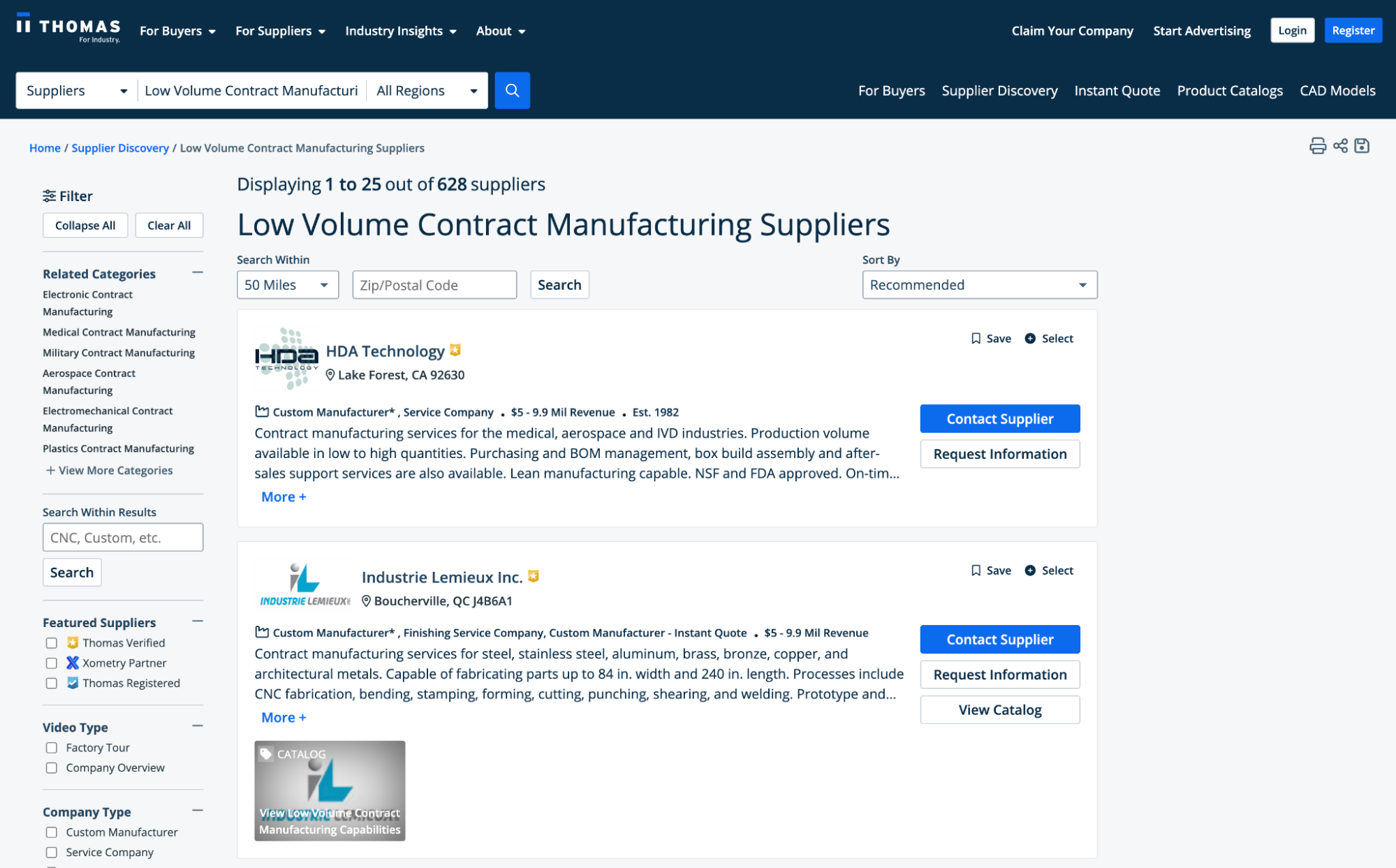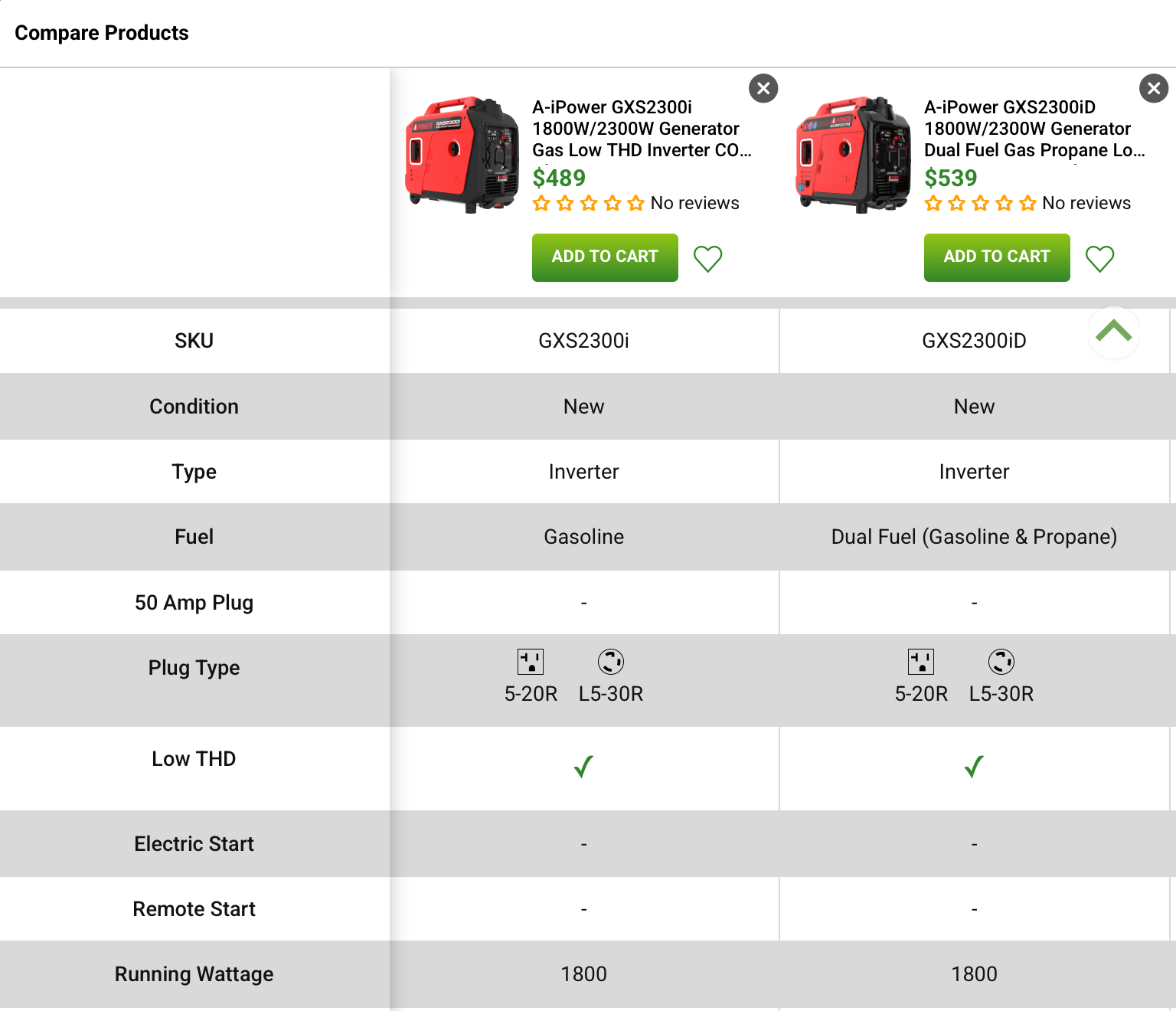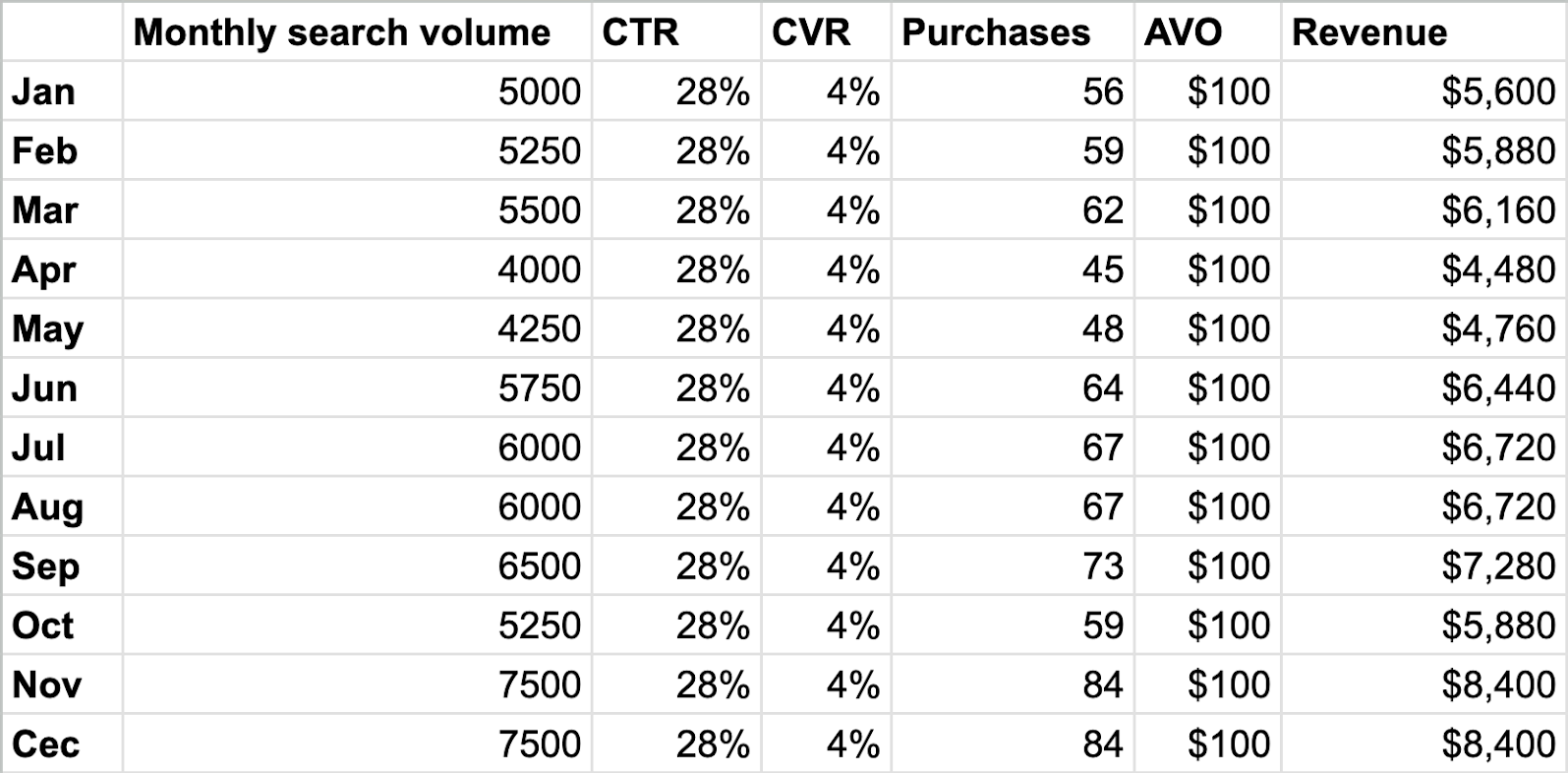
Word-of-mouth marketing (WOM) harnesses the power of natural conversations—both online and offline—to bring awareness to your products or brand. In contrast with other forms of marketing where you control the channels and messaging, word-of-mouth marketing is driven by regular people using their own words to talk with their personal networks about your business.
These organic conversations drive business results that often outperform paid advertising, social media campaigns, and even SEO efforts. When customers become your advocates, their authentic recommendations carry weight that no amount of marketing spend can buy. Trust and authenticity fuel these peer recommendations, making them especially powerful for reaching millennials and Gen Z consumers who rely heavily on social proof.
This guide shows you how to build a systematic word-of-mouth strategy that transforms satisfied customers into active brand advocates. You’ll learn the psychology behind why people share recommendations, proven tactics to spark more brand conversations, and how to measure your WOM impact on revenue.
What is word-of-mouth marketing?
Word-of-mouth marketing is a strategy that encourages customers to share positive experiences through conversations with their personal networks. These conversations happen everywhere—from dinner tables and social media feeds to Yelp reviews and office water coolers.
Unlike traditional advertising, where you control the message, WOM puts your customers in the driver’s seat. They become voluntary brand ambassadors, sharing their genuine experiences with products or services they love. This authenticity makes WOM incredibly powerful—people trust recommendations from friends and family far more than any advertisement.
The continued rise of social media has amplified the reach of word-of-mouth marketing. A single customer’s Instagram story, TikTok video, or Google review can influence hundreds or thousands of purchase decisions. Smart businesses don’t leave these conversations to chance—they actively cultivate conditions that make customers want to talk about their brand.
Why word-of-mouth marketing matters in 2025
The marketing landscape has fundamentally shifted. Ad costs continue climbing while consumer trust in traditional advertising plummets. Meanwhile, 88% of consumers trust recommendations from people they know more than any other type of advertising.
This trust gap creates a massive opportunity for businesses that prioritize word-of-mouth marketing. While competitors pour budgets into ads that consumers increasingly ignore, WOM-focused brands build sustainable growth through customer advocacy.
The economics make WOM even more compelling. Between 2023 and 2025, ecommerce businesses’ customer acquisition costs (CAC) through traditional marketing channels increased by 40%. Since word-of-mouth referrals cost nothing beyond delivering exceptional experiences, WOM can help you cut down on your overall CAC. Every satisfied customer who shares their experience becomes a free marketing channel with built-in credibility.
For ecommerce businesses, word-of-mouth marketing builds the brand trust that’s crucial in online shopping. Potential customers can’t touch your products or visit your store, but when someone they trust vouches for your brand, that social proof bridges the confidence gap and drives conversions.
Word-of-mouth marketing statistics and impact
The numbers paint a clear picture: Word-of-mouth isn’t just nice to have—it’s driving significant revenue across industries. Nearly 13% of all consumer sales are driven by word-of-mouth marketing, representing trillions in global economic impact.
Discovery patterns have also evolved. Thirty-six percent of US internet users said word-of-mouth marketing was their leading source of brand discovery, beating out social media ads (32%) and mobile app ads (21%). This means more than one-third of potential customers find new brands through recommendations before they ever see an ad.
The multiplier effect makes these statistics even more powerful. Each positive word-of-mouth impression doesn’t just influence one person—it creates a ripple effect. Happy customers tell an average of six or more people about their positive experience with a brand. Thanks to the reach of social media, that number can explode into hundreds or thousands through a single viral post.
Conversion and retention rates tell the final story. Word-of-mouth leads convert at higher rates, purchase more frequently, and demonstrate stronger brand loyalty than customers acquired through paid channels. They also become advocates themselves, perpetuating the cycle of organic growth, and they stick around longer: Customer lifetime value (CLV) for customers acquired through WOM is 16% higher than the CLV of those acquired through other marketing channels.
The psychology behind word-of-mouth marketing
Social currency and triggers
People share experiences that make them look good to others—this is social currency in action. When customers discover an amazing product or have a remarkable brand experience, sharing it enhances their social status. They become the friend who always knows about the cool new brands or the colleague with the best recommendations.
Triggers work differently—they’re environmental cues that prompt people to think and talk about your brand. A coffee shop might trigger thoughts about your artisan coffee subscription. A rainy day might remind someone about your waterproof gear. Strategic brands build these triggers into their products and messaging, ensuring they stay top of mind when conversation opportunities arise.
The most shareable experiences combine both elements. They give people something remarkable to talk about (social currency) while building in natural reminders that keep the brand relevant in daily life (triggers). Think about how certain brands become part of cultural conversations—that’s strategic word-of-mouth psychology at work.
Building emotional connections
Emotion is the primary driver of social sharing. People don’t talk about average experiences or products that merely meet expectations. They share stories that made them feel something—joy, surprise, relief, or even righteous anger.
Creating these emotional peaks requires understanding what truly matters to your customers beyond the transaction. A skin care brand might tap into feelings of self-care and confidence. A sustainable fashion brand might connect with values around environmental responsibility. These emotional threads weave through every touchpoint, from product packaging to customer service interactions.
The strongest emotional connections often come from shared values and authentic brand storytelling. When customers see their own beliefs and aspirations reflected in your brand story, they don’t just buy products—they join a movement worth talking about.
Brand tactics to generate word-of-mouth marketing
Since customer conversations are so valuable for growing your business, here’s how to spark more of them naturally:
- Show your current customers how much you appreciate them with packaging inserts that fit your brand or product. Think handwritten thank you notes, surprise samples, small gifts, or loyalty perks.
- Develop a compelling story about your brand and products that will inspire your audience to retell it. Include key beats like why you started your business and why you believe in what you do. Make sure to share your brand story on your website’s About Us page and in strategic spots on social channels.
- Create shareable content that’s genuinely useful, funny, or thought-provoking enough to pass along.
- Implement referral programs that reward customers for sharing information or special deals with their friends, and give new customers who have been referred a little something extra to acknowledge how they found you.
- Turn shopping into an experience by scheduling special events for your customers and inviting them to bring a friend.
- Launch brand ambassador programs that recognize and empower your most passionate customers.
- Operationalize user-generated content (UGC) collection by making it easy for customers to share their experiences on social platforms and tag your brand in their posts.
Essential elements of a WOM strategy
Creating remarkable customer experiences
These tactics work only when you’ve built a business that gives people genuine reasons to talk about it. That goes beyond creating beloved products. It means creating moments of awe and delight that turn ordinary transactions into memorable experiences.
Start with the fundamentals that show customers they matter to your business:
- Remember names. The more you can make each customer feel special and valued, the more likely they will be to tell others about their experience. Train your team to recognize regulars and recall their preferences.
- Give more than expected. That might mean throwing in a little freebie with every purchase, upgrading a level of service “just because,” or sending over exclusive discount codes to loyal customers. Good surprises get people talking—and coming back.
- Add a special feature inside your store. If you run a brick-and-mortar store, think of creative, interactive, Instagram-worthy ways to stand out. For example, a water-sports store could add a wave pool for testing equipment, a shoe store could offer free snacks or beverages while customers try on shoes, or a bookstore could install a print-on-demand kiosk.
- Include an activity. Host in-store workshops, live demonstrations, trunk shows, or celebrity events that customers are invited to attend. Get customers excited about coming to your store and give them something worth sharing on social media.
Every touchpoint in your customer experience strategy presents an opportunity to exceed your audience’s expectations. Map out your customer journey and identify moments where you can add unexpected value or customer delight strategies that make sense for your niche.
Turning customers into advocates
Customer advocacy doesn’t happen by accident—it requires intentional strategies that empower satisfied customers to spread the word. The most successful advocacy marketing programs make it easy and rewarding for customers to share their experiences.
Start by identifying your natural advocates. These are customers who already love your brand, engage with your content, and leave positive reviews. Reach out personally to thank them and invite them into a more formal advocacy relationship. This might include early access to new products, exclusive discounts to share with friends, or recognition on your social channels.
Make sharing effortless by providing the tools advocates need. Create shareable content templates, sample social media posts, and clear talking points about what makes your brand special. The easier you make it for advocates to spread the word, the more likely they’ll actually do it.
Recognition fuels continued advocacy. Feature customer stories on your website, repost user-generated content with credit, and celebrate advocates publicly. When customers see that their support matters to your brand, they become even more invested in your success.
Tools and platforms for amplifying WOM
Modern technology multiplies word-of-mouth marketing’s natural power. The right tools help you identify advocates, facilitate sharing, and track the impact of customer conversations on your business growth.
Social listening platforms like Mention and Brandwatch help you monitor when and where customers talk about your brand. These insights reveal which products generate the most buzz, what language customers use to describe your brand (which can influence your messaging strategy), and opportunities to join conversations organically.
Review management systems streamline the process of collecting and showcasing customer testimonials. Platforms like Yotpo and Stamped automate review requests, display social proof on product pages, and help you respond to feedback quickly—turning satisfied customers into vocal advocates.
Referral program software removes friction from customer sharing. Tools like ReferralCandy and Friendbuy create seamless experiences where customers can refer friends with one click, track their rewards, and see the impact of their advocacy. The automation ensures no referral goes unrewarded.
Word-of-mouth marketing examples and case study
Ecommerce word-of-mouth examples
The most successful ecommerce brands don’t just sell products—they create experiences worth talking about. These businesses understand that every package delivered, every customer service interaction, and every social media post is an opportunity to spark conversation.
Direct-to-consumer brands have particularly excelled at generating word-of-mouth interest through unexpected packaging experiences. Unboxing videos have become a trend precisely because brands recognized the shareability of a beautifully designed package opening. Including handwritten notes, surprise samples, or creative packaging inserts transforms a routine delivery into a moment customers want to capture and share.
Subscription box services master the art of monthly word-of-mouth generation. By curating surprises and exclusive products, they create built-in sharing moments. Customers naturally want to show off their discoveries, compare boxes with other subscribers, and recommend their favorites to friends.
Nano-influencer marketing represents another powerful approach. Rather than paying celebrities or big-name influencers, smart brands partner with everyday customers who have small but engaged followings. These micro-advocates generate authentic word-of-mouth marketing that feels like friend-to-friend recommendations rather than advertising.
If your target audience is primarily Gen Z, investing in a nano- or micro-influencer strategy is especially useful—Gen Z shoppers are 3.2 times more likely to trust an authentic product recommendation from a micro-influencer than a celebrity, and they vastly prefer UGC to brand-produced content.
Word-of-mouth lessons from top brands
It helps to study how established brands generate word-of-mouth marketing and see which tactics make sense for your business.
Premium brands often generate word-of-mouth marketing through exclusivity and insider access. Limited drops, member-only sales, and early access programs make customers feel special—and that feeling is inherently shareable. People love being the first to know about something or having access others don’t.
Value-driven brands take a different approach, generating word-of-mouth interest through their mission and impact. When purchases support a cause customers care about, they’re more likely to share that decision with others. This approach works because it lets customers signal their values while recommending a product.
The most important lesson from top brands is consistency. One remarkable experience might generate a social media post, but consistent excellence creates lifelong advocates. Focus on customer retention strategies that turn single purchases into ongoing relationships worth talking about.
Word-of-mouth case study: Fireflyslime
When she was only 14 years old, founder Angelina Ly tapped into the Gen Z slime fidget toys trend with her business, Fireflyslime. Over the past several years, Angelina has been able to grow her business in large part due to her creative approach to organic social and word-of-mouth marketing. One way she does that is by building hype for limited-release product drops and telling her audience to “set their alarms” for launch day.
“I cater my products very heavily towards the launch day,” Angelina says on an episode of Shopify Masters. This hype and coordinated planning works: She’s seen 90% of her stock sell out in only 10 minutes when she releases a new slime.
Since her target market is fellow Gen Z consumers, Angelina’s partnerships with brand-aligned influencers is a big reason why word-of-mouth hype around product drops is so effective for Fireflyslime. “If I only promote through my own platforms, there are only so many people that I can reach,” says Angelina. “If I reach out to other people that have a different audience than I do, I’ll get some more people that have never heard about me.”
How to measure word-of-mouth marketing
Word-of-mouth KPIs
Measuring the results of your word-of-mouth efforts requires looking beyond traditional marketing metrics to understand how customer conversations drive business results. The right KPIs help you quantify WOM’s impact and identify opportunities to amplify customer advocacy.
Start with these essential metrics to track your word-of-mouth performance:
- Net Promoter Score (NPS.: Measures how likely customers are to recommend your brand on a scale of 0 to 10. Scores above 50 indicate strong word-of-mouth potential.
- Customer referral rate. Track what percentage of new customers come from referrals versus other channels. Growing referral rates signal increasing word-of-mouth momentum.
- Social media mentions. Monitor both volume and sentiment of brand mentions across platforms. Look for spikes that correlate with campaigns or experiences.
- Review velocity. Measure how quickly customers leave reviews after purchase. Faster review rates often indicate stronger emotional responses worth analyzing.
- Share of voice. Compare how often customers mention your brand versus competitors in your category.
- Earned media value. Calculate the advertising equivalent cost of organic mentions and user-generated content.
These metrics work together to paint a complete picture. A high NPS with low referral rates might indicate you need better referral mechanisms. Lots of social mentions with neutral sentiment suggests you have opportunities to create more remarkable experiences.
Attribution and tracking methods
Tracking word-of-mouth marketing’s impact on revenue requires sophisticated marketing attribution methods that capture both online and offline conversations. Modern tools and techniques help connect customer advocacy to actual sales.
UTM parameters and referral codes provide direct attribution for digital word-of-mouth marketing. Create unique tracking links for advocates, influencers, and referral programs. This granular tracking reveals which types of word-of-mouth tactics drive the most valuable customers.
Post-purchase surveys capture offline word-of-mouth influence. Ask new customers how they heard about your brand, offering options like “friend or family recommendation” alongside traditional channels. These self-reported insights often reveal WOM’s true impact on purchase decisions.
Customer lifetime value analysis reveals WOM’s long-term impact. Compare the behavior of referred customers versus those from paid channels. Referred customers typically show higher retention rates and higher average orders value (AOV), and become advocates themselves—multiplying their value over time.
Multi-touch attribution models acknowledge that a word-of-mouth strategy rarely works alone. A customer might see an ad, ask friends for opinions, read reviews, then make a purchase. Advanced attribution gives appropriate credit to word-of-mouth marketing’s role in the complete journey.
Word-of-mouth marketing strategy template
Step-by-step implementation guide
Building a systematic word-of-mouth strategy requires careful planning and consistent execution. This framework helps you move from random advocacy to predictable, scalable word-of-mouth generation.
Follow these steps to implement your WOM strategy:
- Audit your current word-of-mouth presence. Analyze existing reviews, social mentions, and referral data to understand your baseline and identify what already makes customers talk about your brand.
- Define your remarkable difference. Clarify what makes your brand worth talking about. This could be exceptional service, unique products, or memorable experiences that competitors don’t offer.
- Map advocacy touchpoints. Identify every moment in the customer journey where you could inspire word-of-mouth marketing. From unboxing to customer service, find opportunities to exceed expectations.
- Create sharing mechanisms. Build systems that make it easy for customers to spread the word. This includes referral programs, social sharing buttons, and review requests at optimal moments.
- Develop advocate relationships. Identify your most enthusiastic customers and nurture those relationships. Give them reasons and tools to amplify their natural advocacy.
- Measure and optimize. Track your word-of-mouth metrics monthly. Test different tactics, amplify what works, and continuously refine your approach based on data.
Success in any marketing strategy requires commitment to long-term relationship building rather than quick wins. Focus on creating consistent experiences that naturally generate conversation, then amplify those organic moments through strategic programs and tools that aim to boost your word-of-mouth potential.
Common mistakes to avoid
Even well-intentioned word-of-mouth efforts can backfire when businesses make these common mistakes. Understanding these pitfalls helps you build a strategy that generates authentic, sustainable advocacy.
The biggest mistake is trying to manufacture word-of-mouth marketing without delivering exceptional experiences. No amount of referral incentives or social media campaigns can overcome mediocre products or poor service. Building brand trust through consistent quality must come before asking for advocacy.
Over-incentivizing referrals can also damage authenticity. When rewards become too generous, recommendations feel transactional rather than genuine. Friends recognize when someone’s pushing products for personal gain, undermining the trust that makes word-of-mouth marketing powerful. Keep incentives modest—enough to say thanks, not enough to be the primary motivation.
Ignoring negative word-of-mouth marketing represents another critical error. Unhappy customers tend to share bad experiences even more readily than positive ones. It’s important to address complaints quickly and publicly, so you have a chance at turning potential advocacy disasters into demonstrations of your commitment to customer satisfaction.
Finally, avoid the mistake of treating your word-of-mouth efforts as a marketing campaign rather than an ongoing strategy. Sustainable growth comes from embedding word-of-mouth thinking into every business decision, not from occasional pushes for reviews or referrals.
Word-of-mouth marketing comes down to delighting prospects and customers while giving them reasons—and sometimes incentives—to bring like-minded customers into your orbit. When you consistently exceed expectations, your customers become your most powerful marketing channel.
Word-of-mouth marketing FAQ
What is word-of-mouth marketing?
Word-of-mouth marketing is a strategy that inspires customers to share positive brand experiences and product recommendations through conversations with their own networks. It focuses on creating remarkable experiences that people want to talk about, whether through in-person conversations, online reviews, or social media posts. Unlike traditional advertising, WOM relies on authentic customer advocacy rather than paid promotion.
What is an example of word-of-mouth advertising?
A customer posts an Instagram story showing their unboxing experience of a product with beautiful packaging and a handwritten thank you note. Their followers see the post and ask about the brand, and several make purchases based on that organic recommendation. Other examples include Yelp reviews that drive local traffic, customers referring friends through formal referral programs, or someone recommending a brand during casual conversation because of exceptional service they received.
How do you create a word-of-mouth marketing strategy?
Start by identifying what makes your brand remarkable enough to talk about. Map out your customer journey to find moments where you can exceed expectations. Implement systems that make sharing easy, such as referral programs, review requests at optimal times, and shareable content. Build relationships with your most enthusiastic customers and give them tools to amplify their advocacy. Finally, track metrics like Net Promoter Score and referral rates to measure success and optimize your approach.
Is word-of-mouth marketing still effective?
Word-of-mouth marketing is more effective than ever these days. With 88% of consumers trusting recommendations from friends and family above all other advertising, and 36% of consumers discovering brands primarily through word of mouth, it remains one of the most powerful marketing channels. Social media and online reviews have amplified WOM’s reach, allowing single recommendations to influence hundreds or thousands of purchasing decisions.
How effective is word-of-mouth marketing compared to paid advertising?
Word-of-mouth marketing generates almost five times more sales than paid advertisements, with nearly 13% of all consumer sales driven by WOM. Customers acquired through word of mouth also demonstrate higher lifetime values and better retention rates, and are more likely to become advocates themselves. While paid advertising provides control and scale, word-of-mouth marketing delivers higher conversion rates and stronger customer relationships at a fraction of the cost.
What tools can help track word-of-mouth marketing success?
Social listening platforms can monitor brand conversations across the internet. Review management systems help collect and showcase customer testimonials. Referral program software automates tracking and rewards. Analytics platforms with UTM tracking help attribute sales to specific word-of-mouth sources. Post-purchase surveys and Net Promoter Score tools measure customer advocacy potential and identify your most influential advocates.




























